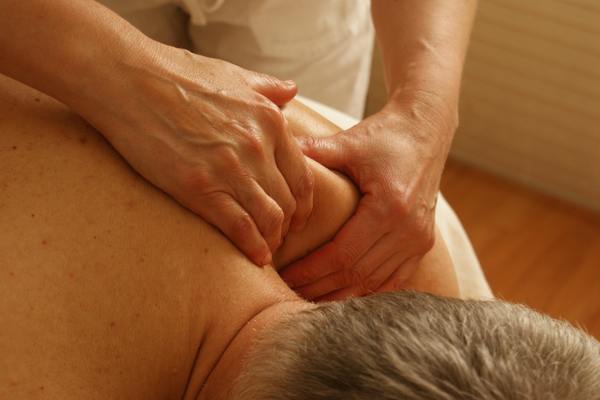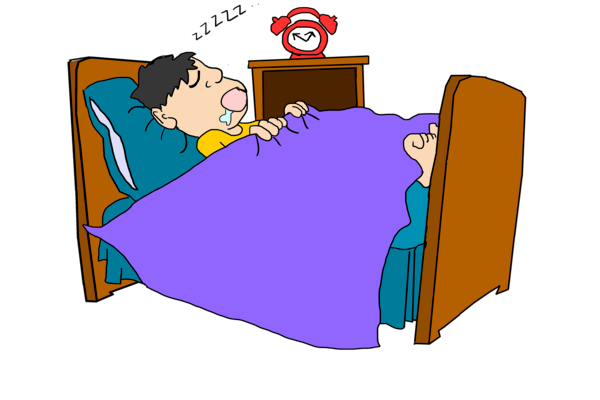Typically, your sleeping position is a “whatever gets you there” kind of scenario. There are lots of common positions people assume as they drop off to sleep, including on their side, stomach, back, or curled up in the fetal position.
Some folks lay relatively still all night, and others toss and turn. It’s all okay as long as you aren’t waking up sore.
However, your sleep could be better than okay. It could be great. Your body is actually still pretty active during that time, filing away memories, digesting dinner, and recharging your batteries, plus, of course, taking in oxygen and circulating blood. As it turns out, the position you take during sleep makes a huge difference in how effective these processes are, and there IS a best position.
Sleeping on your left side is the gold standard in slumber positioning, and we’ve got 7 compelling reasons why that is. Not convinced? Stick with us as we count the ways.
However, your sleep could be better than okay. It could be great. Your body is actually still pretty active during that time, filing away memories, digesting dinner, and recharging your batteries, plus, of course, taking in oxygen and circulating blood. As it turns out, the position you take during sleep makes a huge difference in how effective these processes are, and there IS a best position.
Sleeping on your left side is the gold standard in slumber positioning, and we’ve got 7 compelling reasons why that is. Not convinced? Stick with us as we count the ways.
7. Improves Digestion
Did your parents ever tell you that it is bad to eat before bed, that the food will just sit there all night and make you fat? It’s an oft-repeated tidbit, but it’s not true – digestion continues on whether you are awake or asleep.
And there is a reason that a bedtime or midnight snack is a thing. Our bodies are still busy during sleep and need some fuel to get the most out of that time.
Now, even though digestion will occur no matter how you sleep, you can help your body do the work with as little effort as possible by sleeping on your left side.
That’s because our stomachs sit to the left side of the abdomen, and when you lie on your left side, it allows food to pass into the large intestine more easily. It also keeps the stomach from lying on top of the pancreas, which supports the free flow of digestive enzymes.
And there is a reason that a bedtime or midnight snack is a thing. Our bodies are still busy during sleep and need some fuel to get the most out of that time.
Now, even though digestion will occur no matter how you sleep, you can help your body do the work with as little effort as possible by sleeping on your left side.
That’s because our stomachs sit to the left side of the abdomen, and when you lie on your left side, it allows food to pass into the large intestine more easily. It also keeps the stomach from lying on top of the pancreas, which supports the free flow of digestive enzymes.
6. Gives Your Heart a Break

From the very moment of its existence, the heart must beat without pause in order to sustain life. That’s a big job, and it can be impacted by a host of factors from diet to environmental air quality. It’s no wonder that heart disease is the leading killer of adults worldwide. To minimize your risk, make your heart’s job easier by sleeping on your left side.
It sounds like such a little thing, but when you sleep on your left side, you let gravity help the heart move blood. Your aortacarries blood from the heart to the rest of your body, and it arches to the left as it begins its route. When you lay so that it is pointed down, the heart has less work to get that blood moving.
5. Relieves Back Pain

Who among us hasn’t woken up tweaked because we slept in some odd position and caused a strain in the back or neck? (If you never have, we want to know your secret.) If you’re waking up sore more often than not, sleeping on your left side might just help you out.
For starters, left-side sleeping relieves stress on the spine. The more pressure on your back as you sleep, the more effort your muscles require to keep everything where it should be. Going a bit deeper, when you sleep on the left you improve your circulation. That has a cascading effect that reduces the inflammation associated with strained muscles.
4. Supports the Lymphatic System

The lymphatic system is a network of vessels that carry a clear fluid called lymph. This system plays a key role in moving fluid throughout the body, and also in our immune function. Lymph can carry away toxins and other waste products, so a blockage anywhere in the system is associated with poor health.
It has long been thought that sleeping on the left side of the body helps the lymphatic system filter out waste. Lymph drains to the left through the thoracic duct, so once again, this position lets gravity assist a natural bodily function.
3. Less Heartburn

Wow, does heartburn hurt. It can be a side effect of eating before bed, as a prone position may allow stomach acid to more easily creep up your esophagus. Interestingly, scientists have found that sleeping on your left side can minimize heartburn while sleeping on the right can cause it to flare up.
It may be down to the stomach’s residence on the left side of our bodies. When we lay on our left side, the junction of stomach and esophagus is kept higher than the level of stomach acid. On the right side, however, the lower esophageal sphincter is relaxed and can let acid creep through.
2. Critical for Pregnant Women

Pregnant women are circulating blood for two bodies, an intense job that requires a greater blood volume to accomplish. Meanwhile, a growing infant expands the uterus and puts pressure on the spine and other organs.
Lying on the left keeps circulation flowing freely and takes the pressure of the baby off of mom’s spine, plus protects the liver from being squeezed too much. Overall, lying on her left side provides the best blood flow for both bodies.
1. Prevents Snoring

If your spouse snores, or you’re the one aggravating your spouse with room-shaking noise all night, left-sided sleeping could make all the difference in your mutual happiness. Before you get too excited, this won’t cure all causes of snoring. But it does keep your tongue and throat in a more neutral position and leaves the airways clear.
In sleep, the mouth, throat, and tongue relax. Back sleeping is the worst for snorers, because those tissues relax backward and may partially obstruct the airway. Snoring is the vibration caused by pulling air through that crowded space.
Source : hhdresearch.org